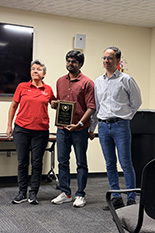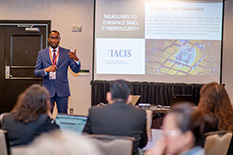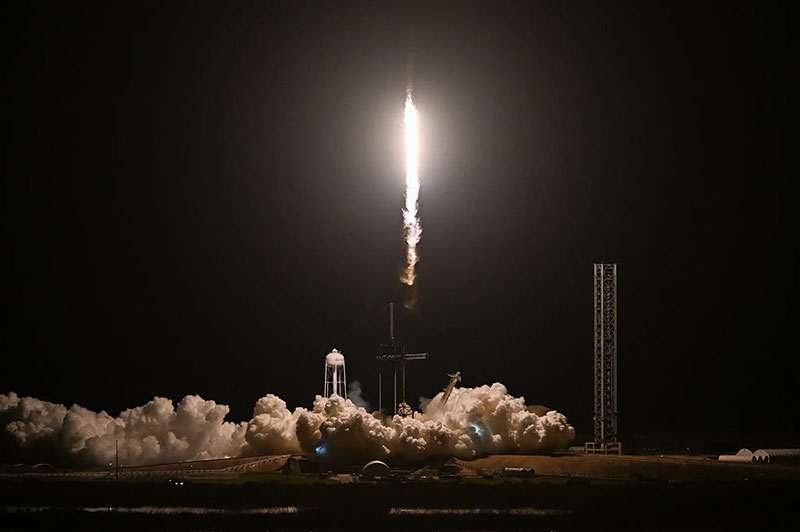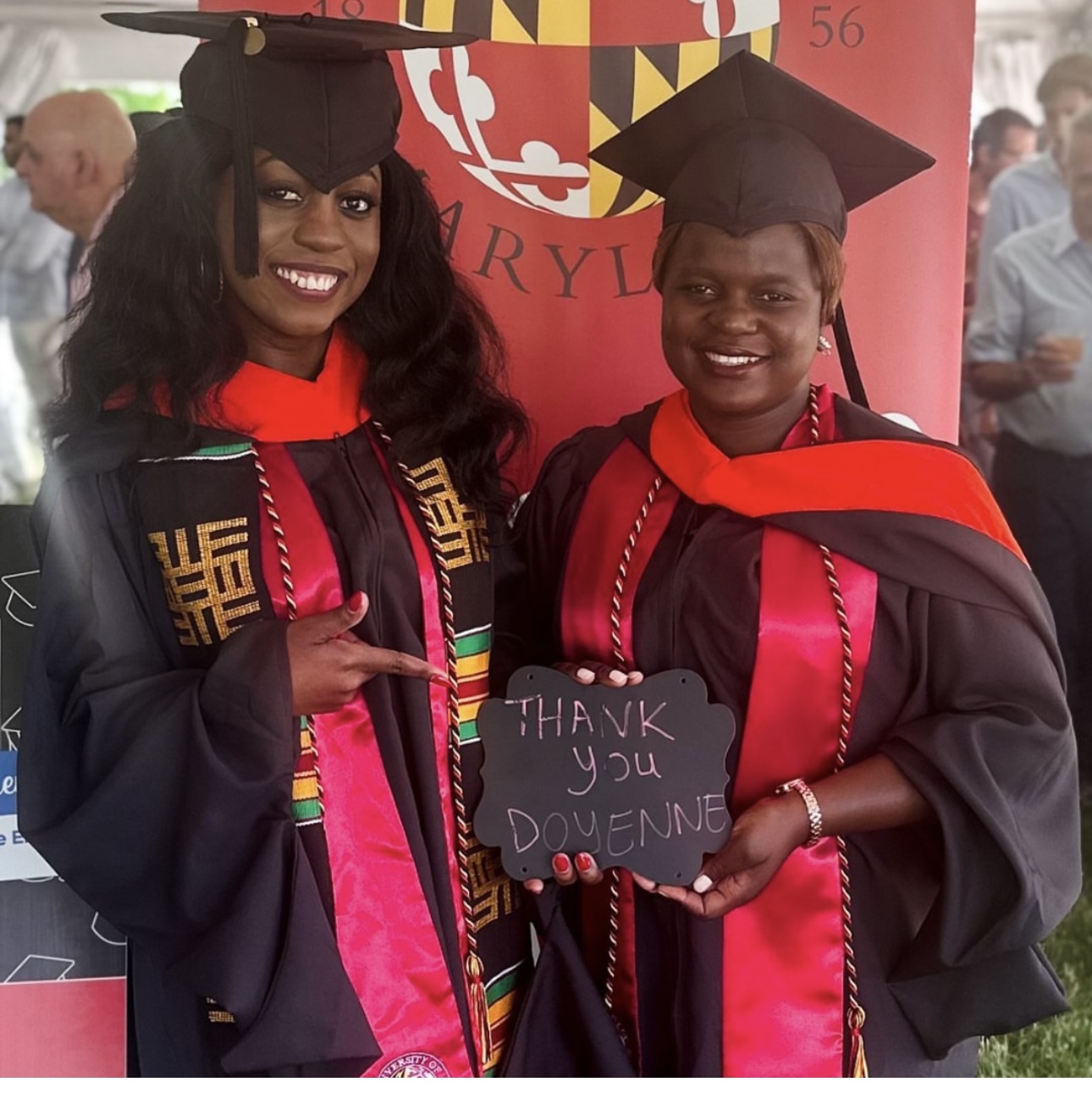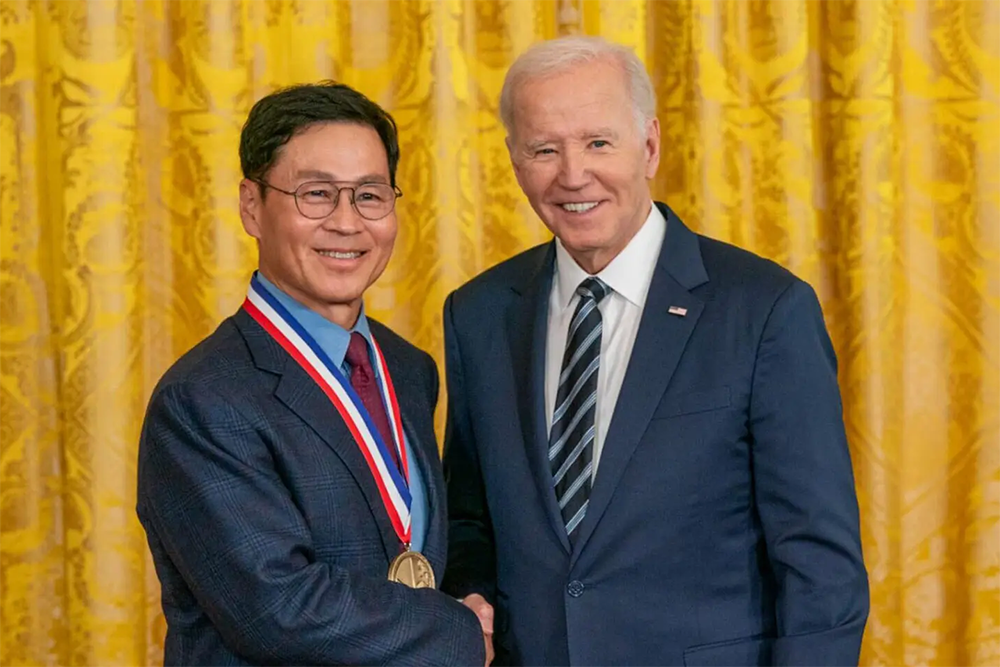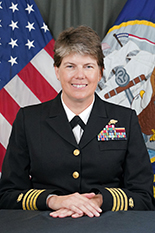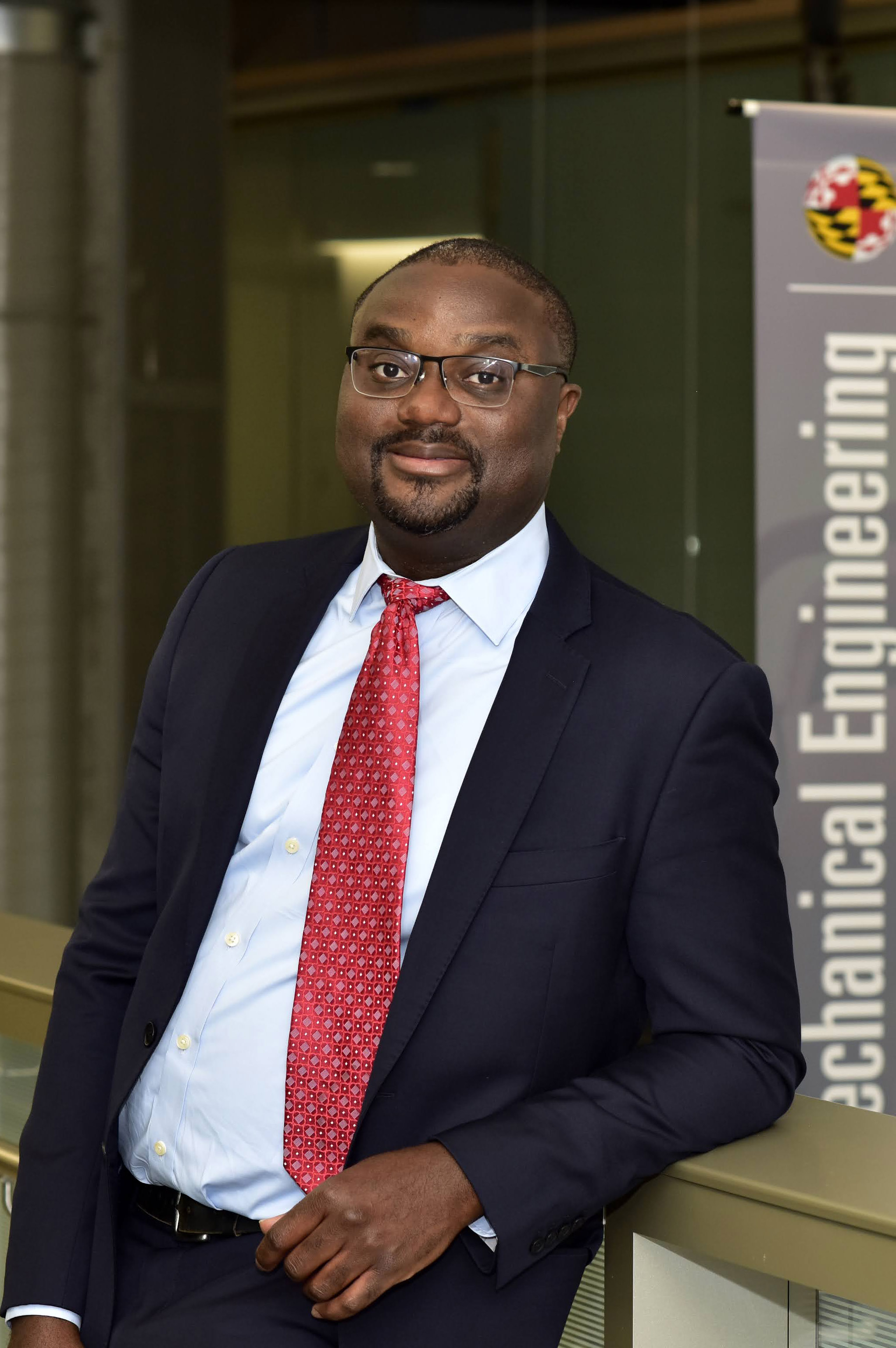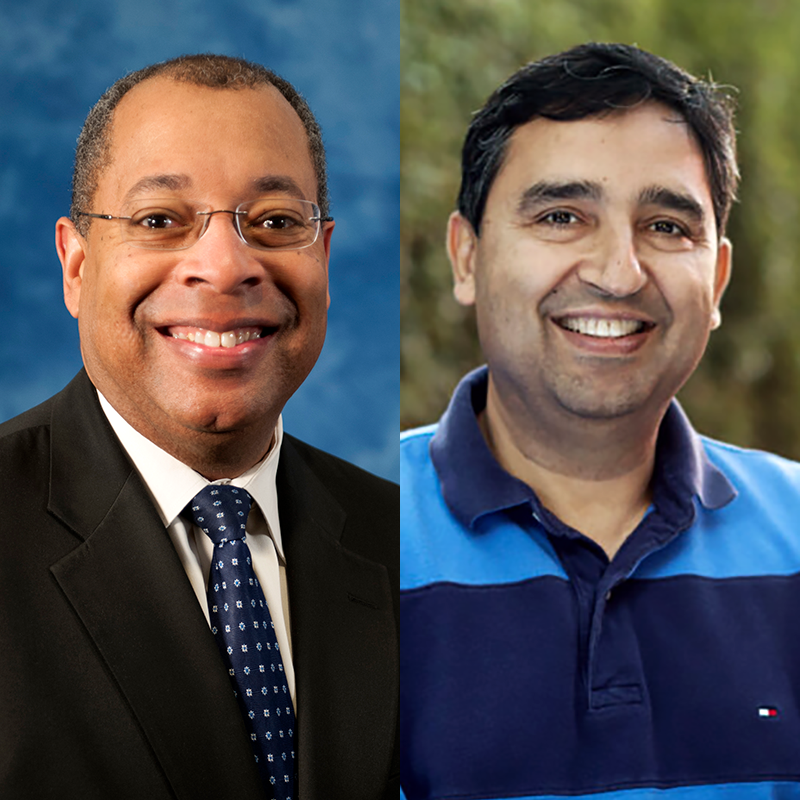News Story
Real-World Impact, MAGE-Built Foundation: Alumni’s Contributions to AI Research

Aryan Mishra
Recent Maryland Applied Graduate Engineering (MAGE) graduate Aryan Mishra’s research journey has already made an impact in the machine learning and statistical community with the submission of his paper, "Schreier-Coset Graph Propagation," to the 39th Conference on Neural Information Processing Systems (NeurIPS 2025) for review. The publication stems from a year-long collaboration with Dr. Lizhen Lin, professor in the Department of Mathematics and Director of the Department of Statistics at the University of Maryland. Rooted in both his ENPM808 Independent Study course and extended research under Dr. Lin’s mentorship, Aryan's paper addresses the challenge of "over-squashing" in graphical data, offering a novel method to improve message-passing algorithms through mathematical processing.
Aryan credits MAGE as a critical launchpad for his continued success. His robotics coursework, mentorship, and research opportunities through MAGE not only supported his publication but also helped him secure a research position with the National Institute of Standards and Technology (NIST) as a Generative AI researcher. He points to the influence of NIST-affiliated UMD professors—Dr. Zeid Kootbally, Dr. Craig Schlenoff, and Dr. Tommy Chang—as pivotal in shaping his research direction toward computer vision and statistical modeling. Plus, a MAGE site visit to NIST in November 2024 that helped pique his interest. Prior to NIST, Aryan conducted innovative work in UMD’s Mechanical Engineering Department, contributing to projects in medical image processing and robotic end-effector design, building the strong interdisciplinary foundation that now informs his advanced research.
Currently, Aryan is contributing to forensic AI applications at NIST, working on image classification, synthetic content detection, and multimodal data analysis. As he prepares to begin his Ph.D. in Mathematical Statistics under Dr. Lin’s guidance, he will deepen his research in biomedical informatics, deep learning, and geometric structural data. His experience at MAGE has not only equipped him with the technical skills that will help him with this next step, but also introduced him to a collaborative research culture that bridges engineering, statistics, and national research initiatives. Aryan’s journey demonstrates how MAGE empowers students to turn academic inquiry into real-world impact.
Published June 11, 2025
